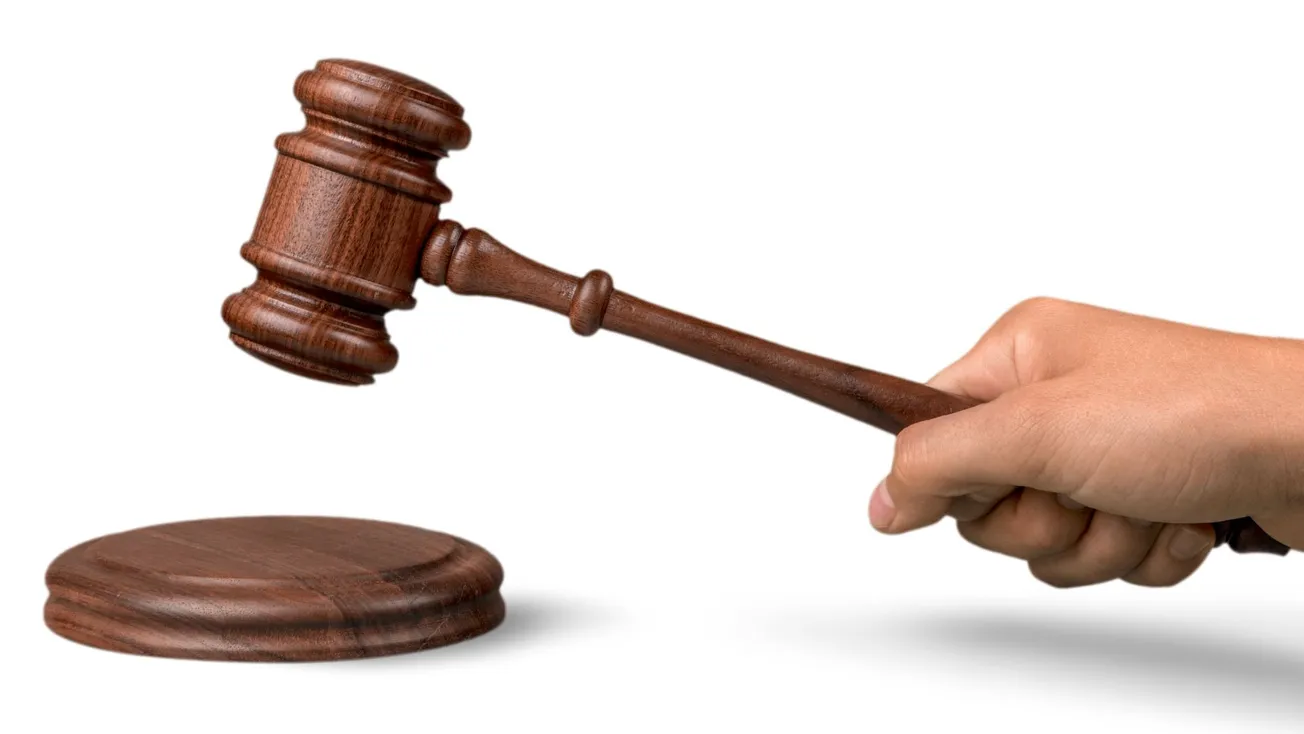In a decision issued Monday, Judge Phillip Shepherd ruled that the 2022 law funding charter schools in Kentucy was unconstitutional.
His reasoning was similar to the ruling issued by the Kentucky Supreme Court in 2021 that struck down tax credits for private schools. Both decisions hinged on the Kentucky Constitution’s language ordering the legislature to fund a “system of common schools.”
In his ruling, Shepherd wrote, “This charter school legislation is effectively an attempt to bypass the system of common schools, and establish a separate class of publicly funded but privately controlled schools that have unique autonomy in management and operation of schools. This ‘separate and unequal’ system of charter schools is inconsistent with the constitutional requirements for a common school system.”
As noted by the Associated Press:
The bill's opponents warned that it would siphon money from traditional public schools. Supporters portray charter schools as a way to give parents more choices for their children’s schooling.
A school in Madison County is seeking to become Kentucky's first charter school, with its application currently under review, the Lexington Herald-Leader reported.
Shepherd's ruling, however, blocked officials from both implementing the measure and from distributing any tax dollars to charter schools under that statute.
“The central question in this constitutional analysis is whether the privately owned and operated ‘charter schools,’ which are established by this legislation, should be considered ‘common schools’ or ‘public schools’ within the meaning of Sections 183, 184 and 186 of the Kentucky Constitution?” he wrote.
“A review of the case law, and the plain language of the Kentucky Constitution itself, yields the inescapable conclusion that ‘charter schools’ are not ‘public schools’ or ‘common schools’ within the meaning of our state’s 1891 Constitution,” the judge added.
Reactions to the ruling
From Eddie Campbell, president of the Kentucky Education Association:
“KEA applauds Judge Shepard’s decision finding that House Bill 9, which was passed into law to set up a taxpayer-funded mechanism to subsidize charter schools in the Commonwealth, violated the Kentucky Constitution.
“This is a victory for Kentucky’s public schools, public school students, and our communities across the Commonwealth. It is clearly stated in Kentucky’s constitution that any attempt to divert tax dollars from our public schools and students is prohibited. This decision protects the power of the people to decide important questions of public education policy and holds the legislature to account to uphold their oath to support and defend the Kentucky Constitution.
“HB9 violates both the letter and the spirit of the Kentucky Constitution, which makes providing public education the state’s highest duty. Under the Kentucky Constitution, the General Assembly must provide for and oversee an efficient system of common schools and cannot raise or spend funds on private ‘charter’ schools that serve a select few. Judge Shepherd’s ruling determined that HB9 violated the sound precedent as determined in the state Supreme Court’s ruling in Rose v. Council for Better Education.
“Research has shown that charter schools in other states have demonstrated no positive effect on students’ educational outcomes, and often negatively impact student achievement. In fact, some evidence illustrates they may exacerbate school segregation and fund discrimination and are prone to waste, fraud, and abuse.
“We simply can’t afford to support two different education systems — one private and one public — on the taxpayers’ dime, and this ruling supports that concern. This decision is proof that the courts continue to serve as an important check against legislative overreach.”
From the KY House Democratic Caucus Leadership:
“We applaud, but are not surprised by, today’s ruling against charter schools. The Kentucky Constitution is abundantly clear: The General Assembly can only authorize and fund public education. We said that in 2017, when charter schools were first approved; we said that again in 2022, when the law rejected today was passed; and we’ll say it once more in 2024, when there will be yet another attempt to route public tax dollars into private schools. Our belief is simple: Follow the constitution and give public education our undivided support.”
--30--







